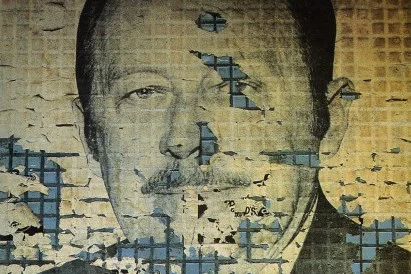Authoritarian Legacies and Democracy
This initiative explores the effects of authoritarian legacies on regime democratization. It does so by providing a detailed examination of the Paraguayan case in a book under completion by Miguel Carter, Stroessner Vive: Legados autoritarios y democracia en Paraguay, 1989 – 2008 (in English, Stroessner Lives: Authoritarian Legacies and Democracy in Paraguay, 1989 – 2008), to be published by Servilibro. This 450-page volume will be the most comprehensive study of Paraguay’s transition to democracy.

DEMOS seeks to accomplish several goals with this project, namely to:
Fill a gap in the literature on democratic transitions in Latin America by improving awareness of the Paraguayan case.
Raise the quality of knowledge and democratic debate in Paraguay.
Contribute to the advancement of political science in this country.
Highlight the relevance of authoritarian legacies and probe their variegated impact.
Offer an innovative methodology for the study of political change based on a comprehensive chronology of this process, which underscores the amplitude, complexity and simultaneity of the actors, events and challenges at stake.
To advance these objectives the volume provides an in-depth appraisal of Paraguay’s democratization process. The study weaves relevant theoretical and comparative insights on democracy, regime transitions and authoritarian legacies with an unparalleled wealth of data gathered on this country. As such, it provides the most complete account available of Paraguayan politics since General Alfredo Stroessner’s demise in 1989. The empirical research carried out for this includes a detailed 20-year chronology of the transition, comparative data for ten national elections, and a variety of economic and social indicators.
See the book précis and detailed outline of, Stroessner Lives: Authoritarian Legacies and Democracy in Paraguay, 1989 - 2008 (in Spanish).
Review a sample of the “Chronology of a Democratization Process, 1989 - 2008,” prepared for this study, with a sequence of political and civil society-based events that took place in 1993 (in Spanish).

